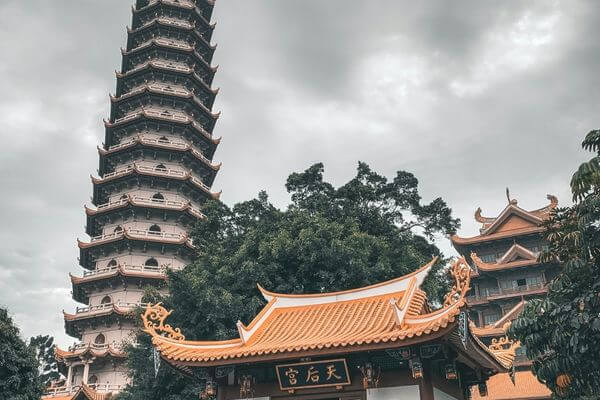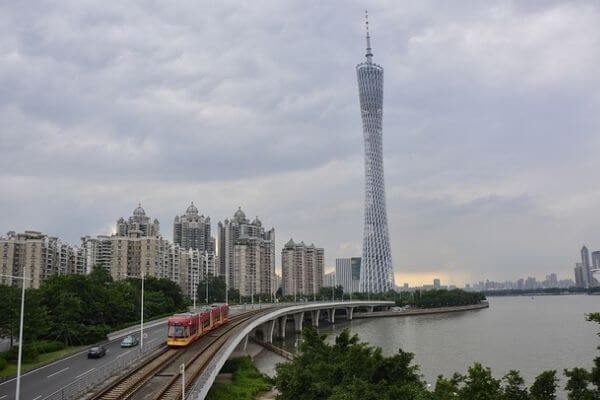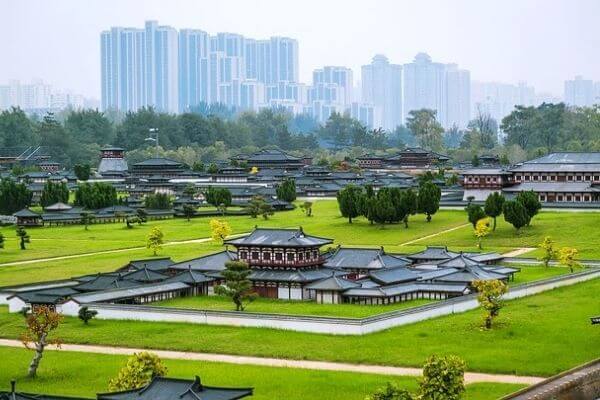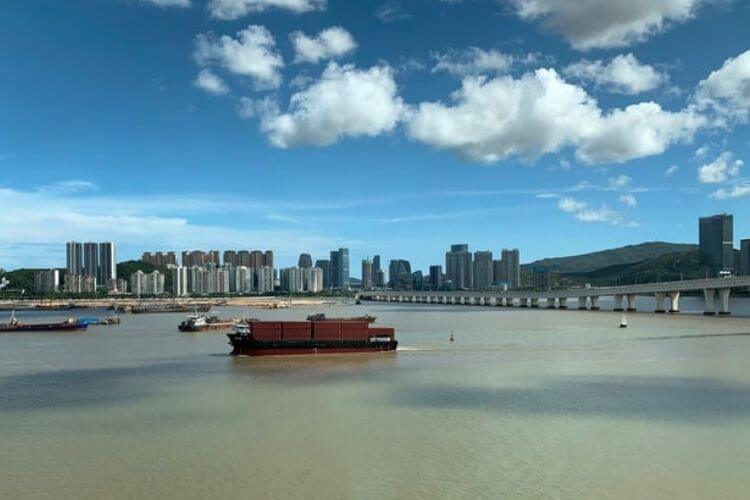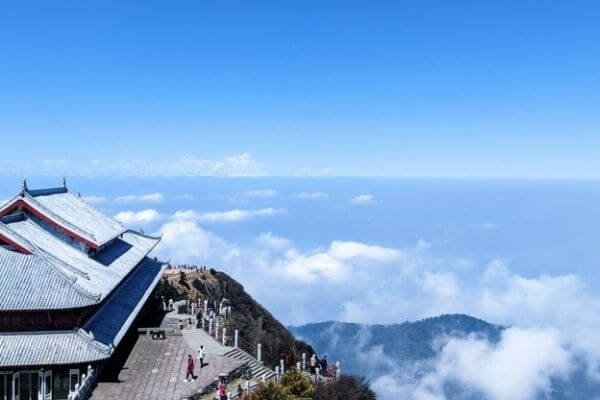
Although private ownership of land is unavailable in China, it is still possible to obtain land use rights from the State or rural communities.
There are two kinds of land in China, the state-owned land, which is usually urban land, and the land collectively owned by a rural community, which is normally located in rural and suburban areas.
Based on such land ownership division, China's legal framework on land administration mainly comprises the following three laws:
(1) The Land Administration Law (土地管理法), which stipulates the fundamentals of China’s legal framework on land administration, and the relationship between the state-owned land and the collectively-owned land as well, especially how to convert the collectively-owned land into the state-owned land.
(2) The Law on the Administration of the Urban Real Estate (城市房地產(chǎn)管理法), which mainly prescribes how land users obtain land use rights relating to the state-owned land;
(3) The Law on Land Contracting in Rural Areas (農(nóng)村土地承包法) mainly stipulates how the rural households obtain the right of land contracting and management relating to the collectively-owned land in the rural communities.
We will introduce these three Laws in three posts as follow:
- China's Legal Framework on Land Administration
- China's Legal Framework on Urban Land
- China’s Legal Framework on Rural Land
This post will introduce the Land Administration Law (“the Law”).
The Law was enacted in 1986 and was amended respectively in 1988, 1998, 2004 and 2019.
We'll introduce some interesting hereof as follows:
1. There is no privately-owned land in China. The land in China is either owned by the State (the state-owned land) or by rural communities (collectively-owned land). (Article 2)
2. For the state-owned land, you can obtain the land use right of the state-owned land in a certain piece; for the collectively-owned land, if you are a member of the rural community which is entitled to the land ownership, your family can obtain the right of land contracting and management.
3. To some extent, the land use right of the state-owned land and the right of land contracting and management enable you to utilize the land like the landowner. However, such rights are subject to restrictions, and you are unable to behave as same as a real landowner. For example, your rights are valid only for a limited period.
4. The government formulates planning for land utilization to determine different use purposes of each piece of land, which you must comply with for the land development. (Articles 15 and 16)
5. Arable land is strictly protected. For example, the Chinese government strictly supervises the occupation of arable land and forbids the reduction of the quantity or degrading quality of the arable land. Therefore, the quantity and quality of arable land in the whole country and in respective jurisdictions of local governments at all levels must remain unchanged. If the arable land is to be occupied, the local government must develop the arable land elsewhere with equivalent quantity and quality. (Articles 30, 31, and 32)
6. Unless otherwise approved by the Central Government (i.e. the State Council), no one is allowed to occupy the permanent basic farmland. (Articles 33 and 44)
7. The government may expropriate collectively-owned land and convert it into the state-owned land. (Articles 44 and 45)
8. When the government expropriates the collectively-owned land, it shall give local farmers fair and reasonable compensation, and the supplementary standard shall be determined by the provincial government. (Article 48)
9. The land users can obtain the land use right of the state-owned land from the government, but they must pay the land use fees to the government. (Articles 53, 54)
10. The government may grant the land use right of the state-owned land to users free of charge when it’s necessary for the government, the army, urban infrastructure, public welfare undertakings, and the government-supported infrastructure in energy, transportation, water conservancy, etc. to occupy the land. (Article 54)
11. 30% of the land use fees paid by land users to the government should be turned over to the Central Government, and 70% should be retained by the local government where the land is located. (Article 55)
12. If the government determines a certain piece of land collectively-owned by a rural community to be used for industrial or commercial purposes in its planning, other land users except the rural community members can obtain the land use right of the collectively-owned land from the rural community, rent or develop the said land in accordance with the planning. (Article 63)
13. After the land user obtains the land use right of the collectively-owned land from the rural community, such right may be sold, exchanged, gifted, mortgaged, or contributed as capital to the company. (Article 63)
Photo by Patrick Xu(https://unsplash.com/@patrickxt) on Unsplash
Contributors: China Laws Portal Team

